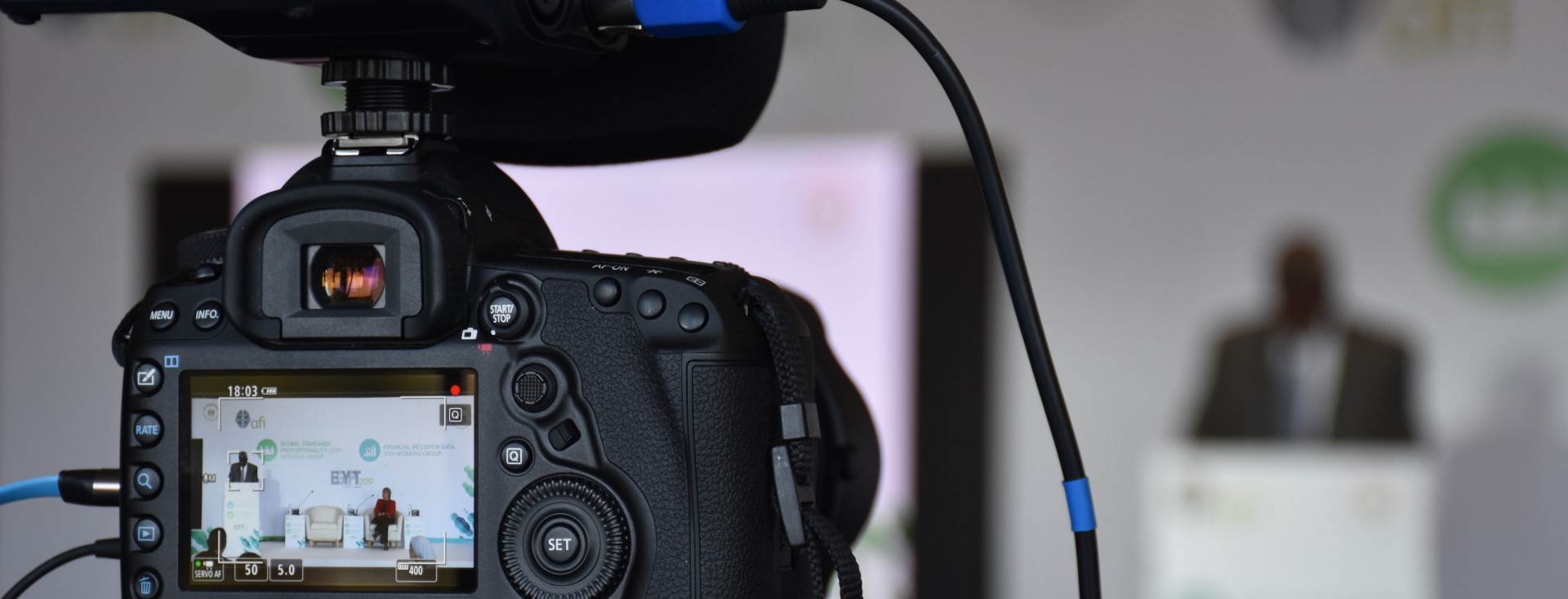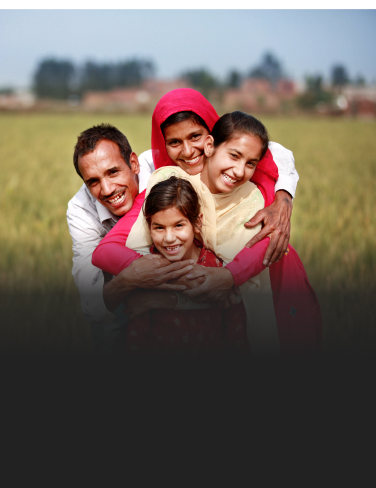Peer learning is a critical component in AFI’s approach to accelerate practical financial inclusion knowledge generation and policy development. By sharing practical knowledge and experiences, the network’s vast membership of developing and emerging market economies guide each other in best practices that can be adapted within their own countries and jurisdictions.
Knowledge is shared voluntarily to help guide network members in the earlier stages of their financial inclusion journey, enabling the exchange of expertise from regulatory and supervisory peers facing similar local and national challenges. Network-wide guidance is provided through policy models and regional specific-guidance through policy frameworks.




